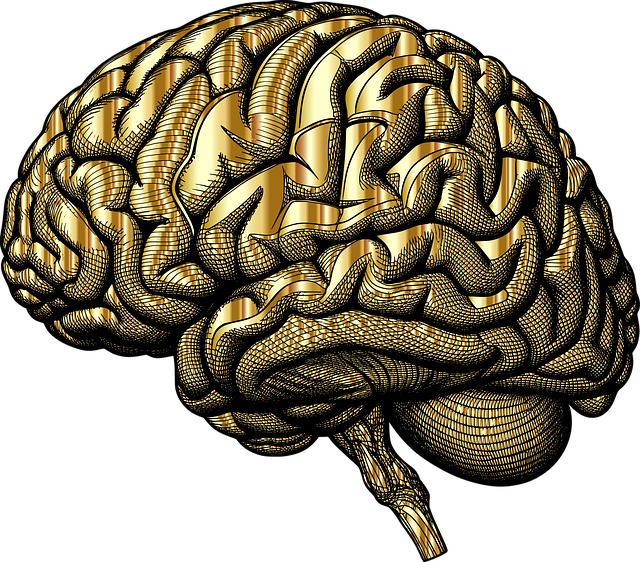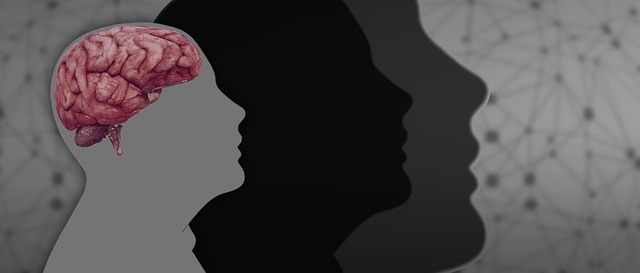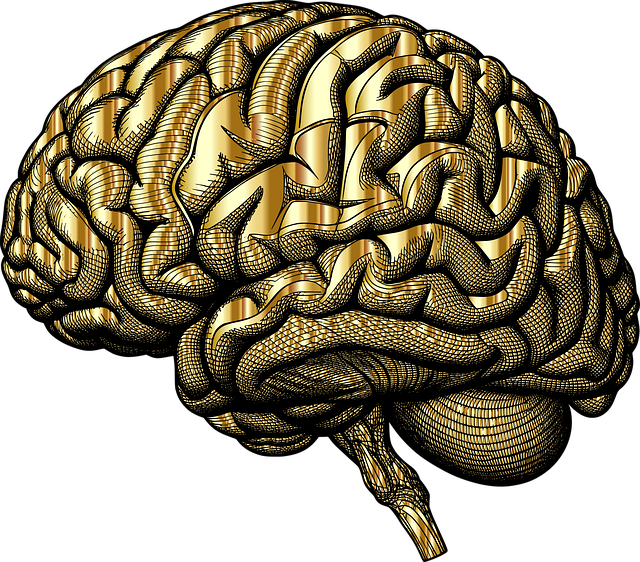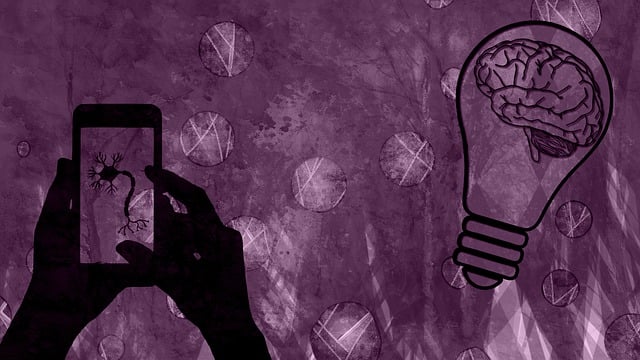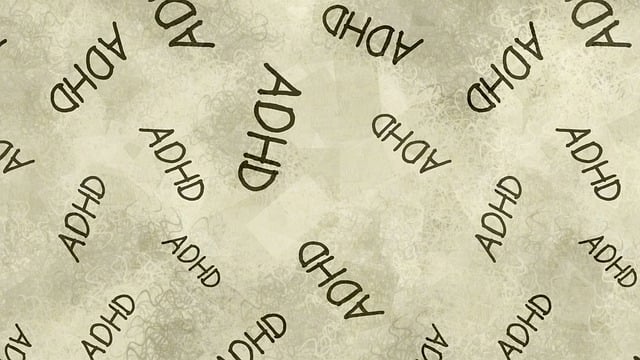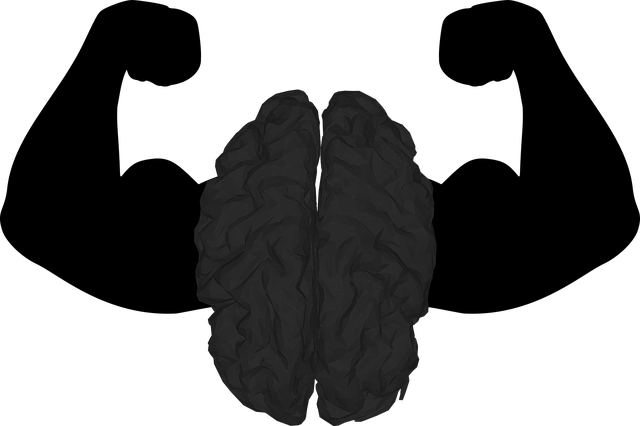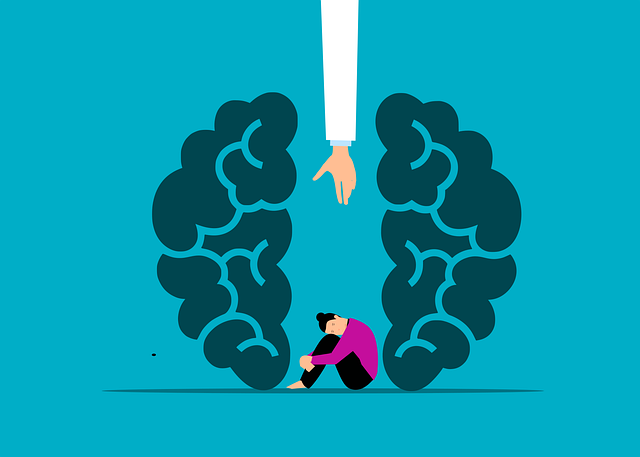Mental health education programs must address rare disorders like Superior Dissociative Disorder (SDD) through comprehensive approaches that include symptom recognition, mood management, and mindfulness meditation. Creating inclusive learning environments with active listening, cultural sensitivity, and community outreach ensures effective support. Specialized SDD therapy incorporating EMDR, CBT, compassion cultivation, and stress management techniques reduces symptoms and fosters resilience. Stigma reduction and empathy-building exercises create supportive environments for individuals with dissociative disorders.
In today’s digital era, addressing mental health is more crucial than ever. This article explores the design of an effective mental health education program, focusing on three key components. First, we delve into understanding Mental Health Disorders as a foundational step for meaningful education. Next, discover strategies to create an inclusive learning environment fostering support and empathy among participants. Lastly, learn about integrating Superior Dissociative Disorder Therapy, highlighting specialized approaches for managing this complex condition.
- Understanding Mental Health Disorders: A Foundation for Effective Education
- Creating an Inclusive Learning Environment: Strategies for Support and Empathy
- Integrating Dissociative Disorder Therapy: Specialized Approaches and Techniques
Understanding Mental Health Disorders: A Foundation for Effective Education

Understanding mental health disorders is a cornerstone in designing effective education programs. Mental health education programs design should begin with a comprehensive grasp of various conditions, their symptoms, and unique challenges. This includes delving into complex topics like Superior Dissociative Disorder (SDD), which goes beyond common knowledge. By providing insights into such rare yet impactful disorders, educators can ensure tailored support for affected individuals.
A well-rounded approach to mental health education involves not only recognizing symptoms but also promoting strategies for mood management and enhancing overall well-being. Incorporating mindfulness meditation as a tool within these programs has shown promise in improving emotional regulation and reducing stress. This holistic view of mental health fosters an environment where individuals feel empowered to navigate their journeys, whether it’s managing anxiety, cultivating resilience, or seeking specialized SDD therapy.
Creating an Inclusive Learning Environment: Strategies for Support and Empathy

Creating an inclusive learning environment is paramount when designing mental health education programs. This involves fostering a space where all participants feel safe and supported to express their experiences and knowledge openly. Strategies for achieving this include promoting active listening, encouraging diverse perspectives, and ensuring cultural sensitivity in mental healthcare practice. Mental health professionals should be trained in risk assessment for mental health professionals to identify and address potential triggers or challenges among the cohort, fostering empathy and understanding.
Community outreach program implementation can significantly enhance inclusivity by engaging individuals from various backgrounds and experiences. This approach not only broadens the perspective of educators and learners but also ensures that the curriculum reflects real-world issues and diverse needs. By prioritizing these strategies, mental health education programs can create an environment conducive to learning and personal growth, particularly when considering the unique challenges faced by those with superior dissociative disorder therapy requirements.
Integrating Dissociative Disorder Therapy: Specialized Approaches and Techniques

Integrating Dissociative Disorder Therapy requires a specialized approach within mental health education programs. This involves understanding the unique dynamics of dissociative disorders, which often stem from traumatic experiences. Superior Dissociative Disorder Therapy focuses on helping individuals regain a sense of self and manage the separation of consciousness that characterizes these conditions. Techniques may include eye movement desensitization and reprocessing (EMDR), cognitive behavior therapy (CBT), and mindfulness practices such as compassion cultivation. These methods aim to reduce symptoms, improve coping strategies, and foster a more integrated sense of identity.
Beyond these specific techniques, Mental Illness Stigma Reduction Efforts play a vital role in creating supportive environments. Encouraging open dialogue about dissociative disorders can help dispel myths and promote understanding. Incorporating Compassion Cultivation Practices can further benefit participants by fostering empathy and reducing judgment. Additionally, teaching effective Stress Management strategies is essential as chronic stress can exacerbate dissociative symptoms. By integrating these diverse approaches, mental health education programs can offer comprehensive support tailored to individuals with dissociative disorders.
In designing a comprehensive mental health education program, establishing a strong understanding of disorders like dissociative disorders is key. By creating an inclusive learning environment and integrating specialized techniques such as superior dissociative disorder therapy, educators can empower individuals to navigate their mental health journeys with empathy and effective tools. These strategies ensure that those facing challenges receive the necessary support, fostering a more compassionate and informed community.
